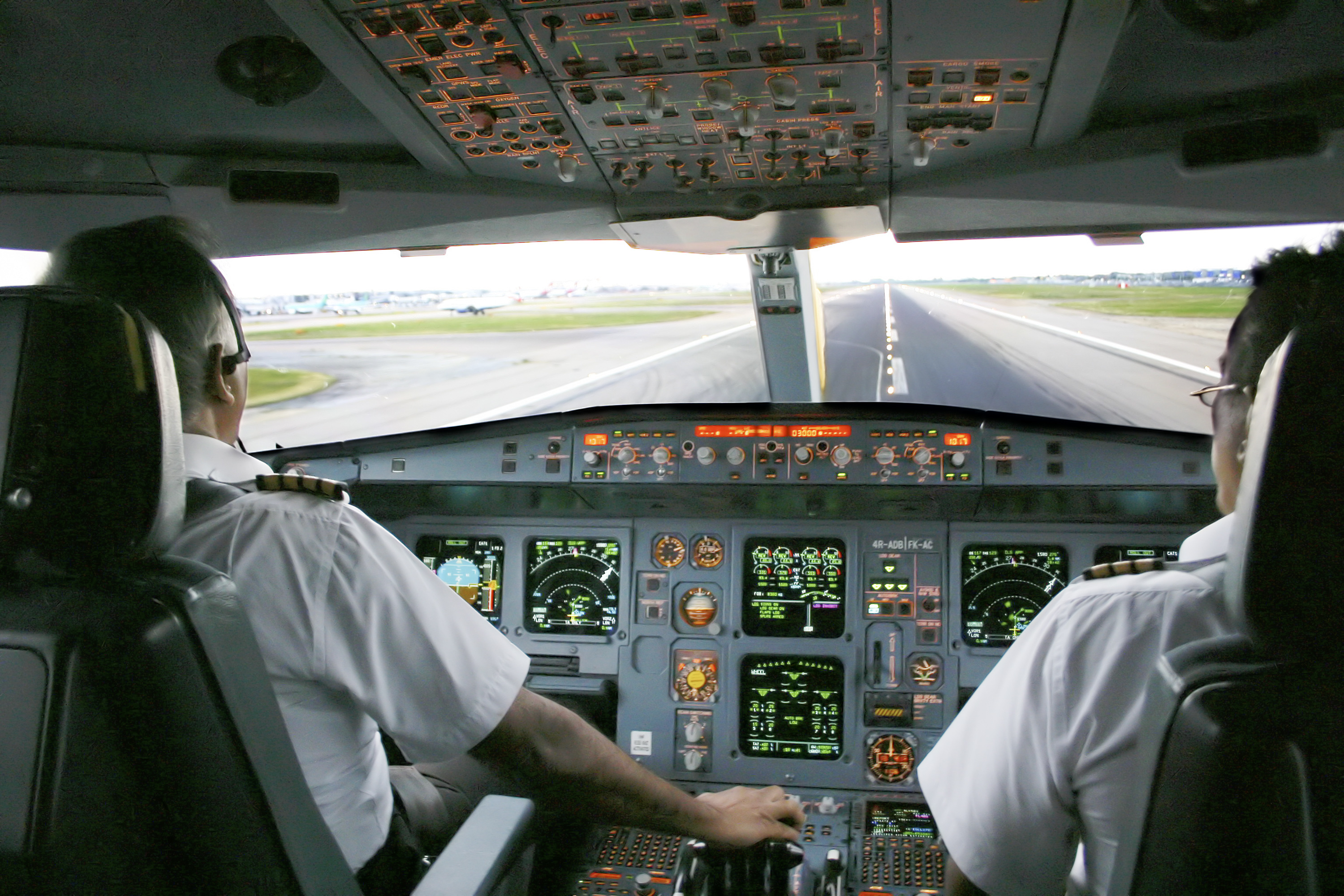
Nowadays, many passengers find air travel can be stressful, with frequently delayed flights, lost luggage and high prices. But flying can be even more stressful for pilots. The aviation industry is one where both the pressure and the stakes are high. Pilots carry a great deal of responsibility for the safety and welfare of their passengers and flight crews. They must also have incredible focus and dedication to fly an airplane and make the hundreds of technical decisions necessary during the course of a flight. Add in a lifestyle that can include a great deal of time spent away from home, jet lag and fast-paced work schedules, and it’s evident how hectic a pilot’s life can be.
That lifestyle can be overwhelming for some people, and it can lead to unhealthy ways of coping with that high level of stress. Sobriety is essential for pilots to carry out their duties and responsibilities, but that can be jeopardized with abuse of alcohol, illicit drugs or prescription medications that are used improperly. For a pilot, addiction can be devastating, jeopardizing not just a career, but the safety of hundreds of people who put their complete trust in the pilot. It is crucial for pilots, and other members of the aviation industry, to avoid substance abuse at all costs.
Pilots and Addiction
The good news is that many pilots take their job seriously and avoid drug and alcohol use while on the job. However, any time even one pilot engages in substance use while on the clock it is dangerous.
A couple of recent studies have looked at the issue of substance use in the aviation industry. The National Transportation Safety Board released a study, “Drug Use Trends in Aviation: Assessing the Risk of Pilot Impairment,” that reviewed toxicology reports on pilots who were involved in deadly airplane accidents from 1990 to 2012. The study found that there were increasing trends in all types of drug use, including illegal drugs, over-the-counter medication and prescription drugs. As the authors wrote in the study: “Over the entire study period, an average of 25% of study pilots had at least one positive finding in blood or tissue specimens. However, the prevalence of positive toxicology findings increased markedly during the study period. The proportion of study pilots with at least one positive finding increased from less than 10% of pilots in 1990 to 40% in 2011.”
The study also noted that the most common drug used by pilots included in the report was the antihistamine called diphenhydramine, which is often used in medication targeting allergies, colds and sleep problems. The percentage of pilots who had marijuana in their systems increased over the course of the study, although only relatively few cases included positive tests for illegal drugs. In addition, the study found that there was also an increase in the use of controlled substances, including hydrocodone (used in medications such as Vicodin) and diazepam, which is known by its brand name of Viagra. The study also sounded a note of warning about the fact that the number of pilots who tested positive for more than one impairing drug increased during the study period from 3% to 6%, which is alarming because of the potential of harmful drug interaction.
When it comes to alcohol, the findings are similar—cases of alcohol-impaired pilots are low, but even just one case can be serious. A Fox News investigation found that an average of one pilot a month is tested over the legal limit for alcohol, which is 0.04 percent for flying an aircraft. Overall, though, only .2 % of flight personnel (including other aviation industry jobs such as air traffic controller and mechanic) tested above that legal limit out of more than 56.000 screenings during the study period.
Overcoming Addiction and Moving Towards Sobriety
Pilots who test positive for drugs and alcohol must enter a stringent rehabilitation program monitored by Federal Aviation Association. The Human Intervention Motivation Study evaluates participants and offers treatment programs to transition them back into the workplace. It also requires the pilots to earn back the much-important trust they lost by working while under the influence of drugs or alcohol.
That is why it is important for a pilot to truly examine any potential addiction signs or symptoms to determine if there is a substance use disorder. If a pilot can admit there is a problem, treatment can be sought before a danger is posed to passengers and flight personnel. A highly qualified program such as Casa Palmera can help patients deal with their addictions in a healthy and holistic way, addressing the spiritual, mental, emotional and physical ramifications stemming from their substance abuse.
Even if a pilot’s substance use isn’t at the level of addiction, it’s critical to look at lifestyle choices to make sure the stress isn’t being self-medicated with drugs or alcohol. In those cases, it would help to seek out healthier coping mechanisms, such as meditation, relaxation techniques or even counseling. Self-care habits including a nutritious diet, regular physical activity and adequate sleep can also help with an overall sense of well-being that can provide strength during trying times.
Pilots who are grappling with substance abuse and addiction should not let the problem get out of control, and instead seek out treatment to address these issues before the situation spirals and they cause harm to themselves or to others. Casa Palmera provides the medical expertise and solicitous care needed during a period of recovery, and can provide the tools necessary to live a successful life in sobriety. If you are in this situation, contact Casa Palmera today.




